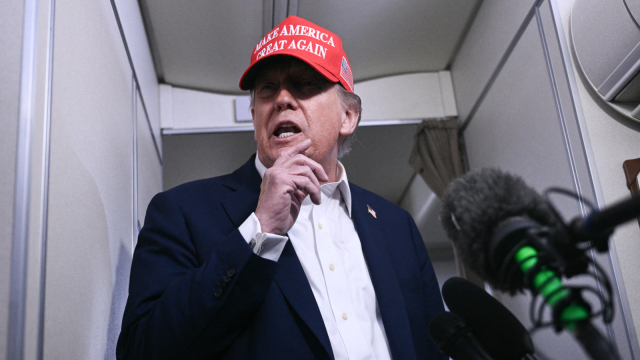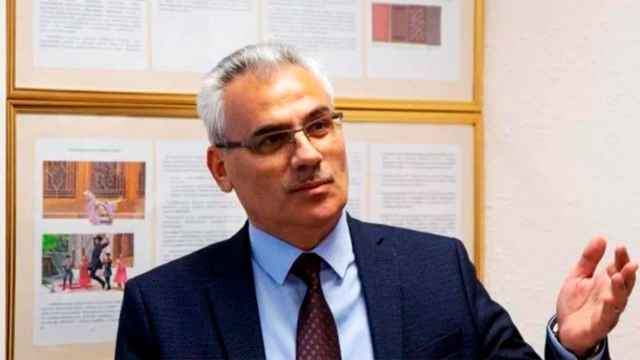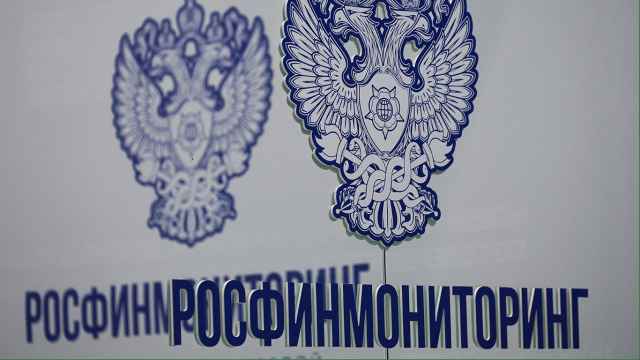Russia said Monday that it was prepared to hire Ukrainian police officers to serve on Russian soil as it begins issuing passports to Ukraine's Berkut riot police.
Russia's Interior Ministry, which controls the country's police force, said in a statement that it was prepared to employ Ukrainians — including police officers — who have fled their country amid the recent unrest.
Ukrainian police wishing to continue their service in Russia will have to obtain Russian citizenship, the statement said.
On Friday, Russia's Foreign Ministry said it had ordered its consulate in Ukraine's Crimea region, which has a majority ethnic Russian population, to speed up the issuance of passports and citizenship to Berkut officers there.
Russia's state-run RT news channel over the weekend showed footage of the first Berkut officers receiving their new passports.
Moscow police earlier said they were ready to set up a squadron of Berkut officers and provide them with accommodations.
The new government in Kiev, however, has officially disbanded the Berkut following last month's clashes with protesters that left more than 80 people dead, including at least 17 police officers.
Berkut officers were widely criticized for alleged excessive use of force after they were repeatedly dispatched to break up the large-scale protests that broke out in Ukraine in November.
Numerous videos posted on the Internet showed uniformed officers beating unarmed protesters lying on the ground, or in one case, stripping a protester naked outside in freezing weather.
Supporters of the police have argued, however, that the officers had no choice but to adopt heavy-handed measures when facing off against rioters armed with bats, Molotov cocktails and, reportedly in some cases, lethal firearms.
A Message from The Moscow Times:
Dear readers,
We are facing unprecedented challenges. Russia's Prosecutor General's Office has designated The Moscow Times as an "undesirable" organization, criminalizing our work and putting our staff at risk of prosecution. This follows our earlier unjust labeling as a "foreign agent."
These actions are direct attempts to silence independent journalism in Russia. The authorities claim our work "discredits the decisions of the Russian leadership." We see things differently: we strive to provide accurate, unbiased reporting on Russia.
We, the journalists of The Moscow Times, refuse to be silenced. But to continue our work, we need your help.
Your support, no matter how small, makes a world of difference. If you can, please support us monthly starting from just $2. It's quick to set up, and every contribution makes a significant impact.
By supporting The Moscow Times, you're defending open, independent journalism in the face of repression. Thank you for standing with us.
Remind me later.





